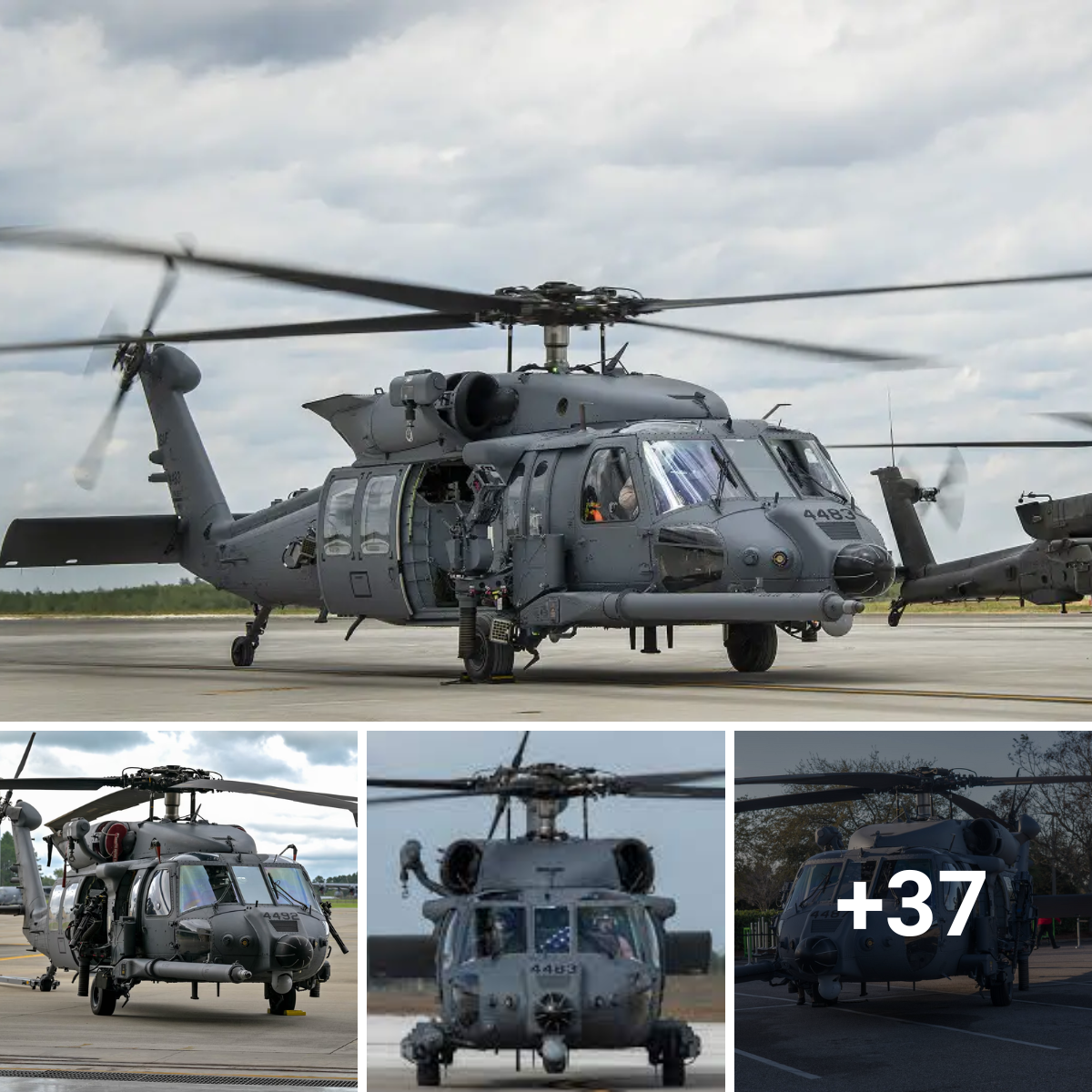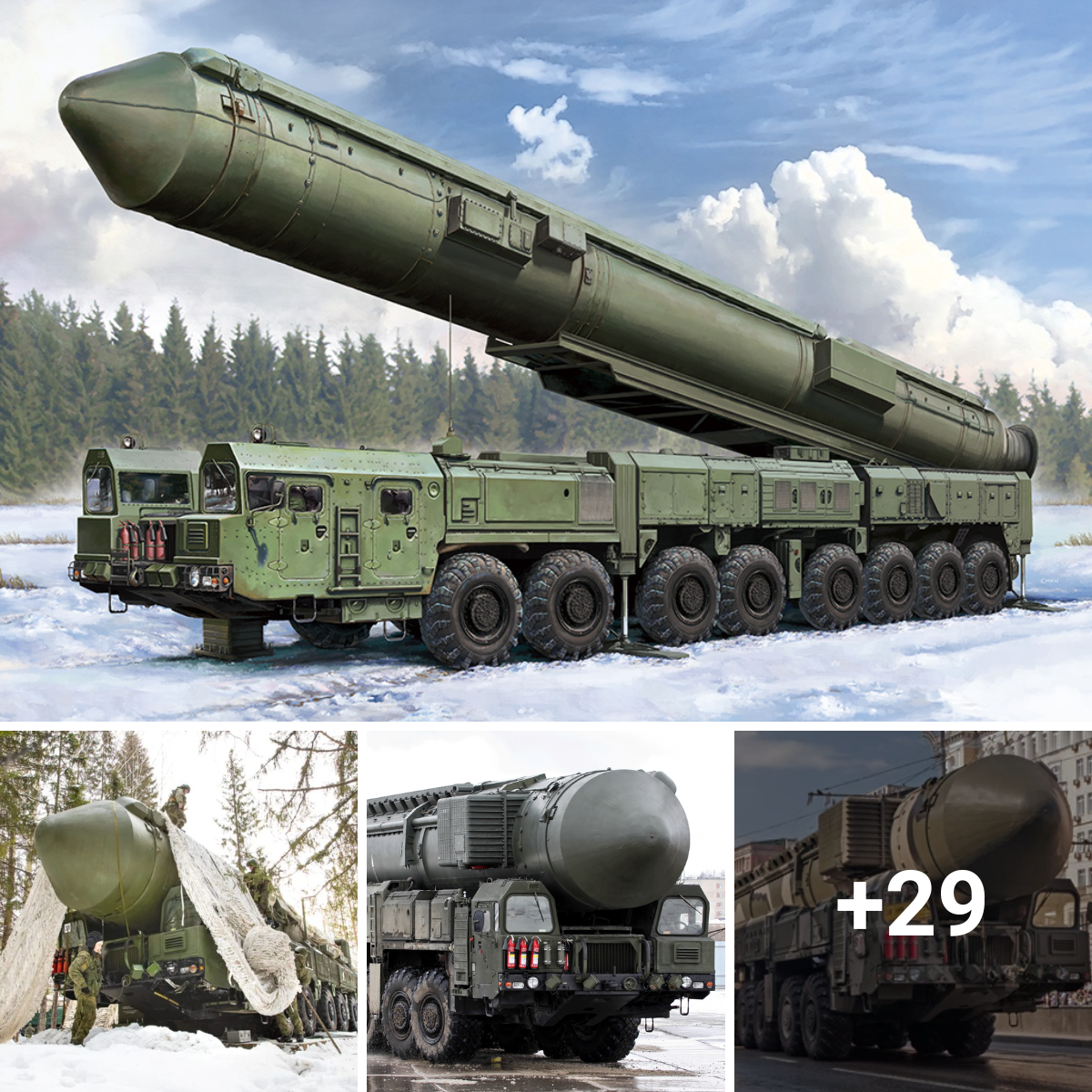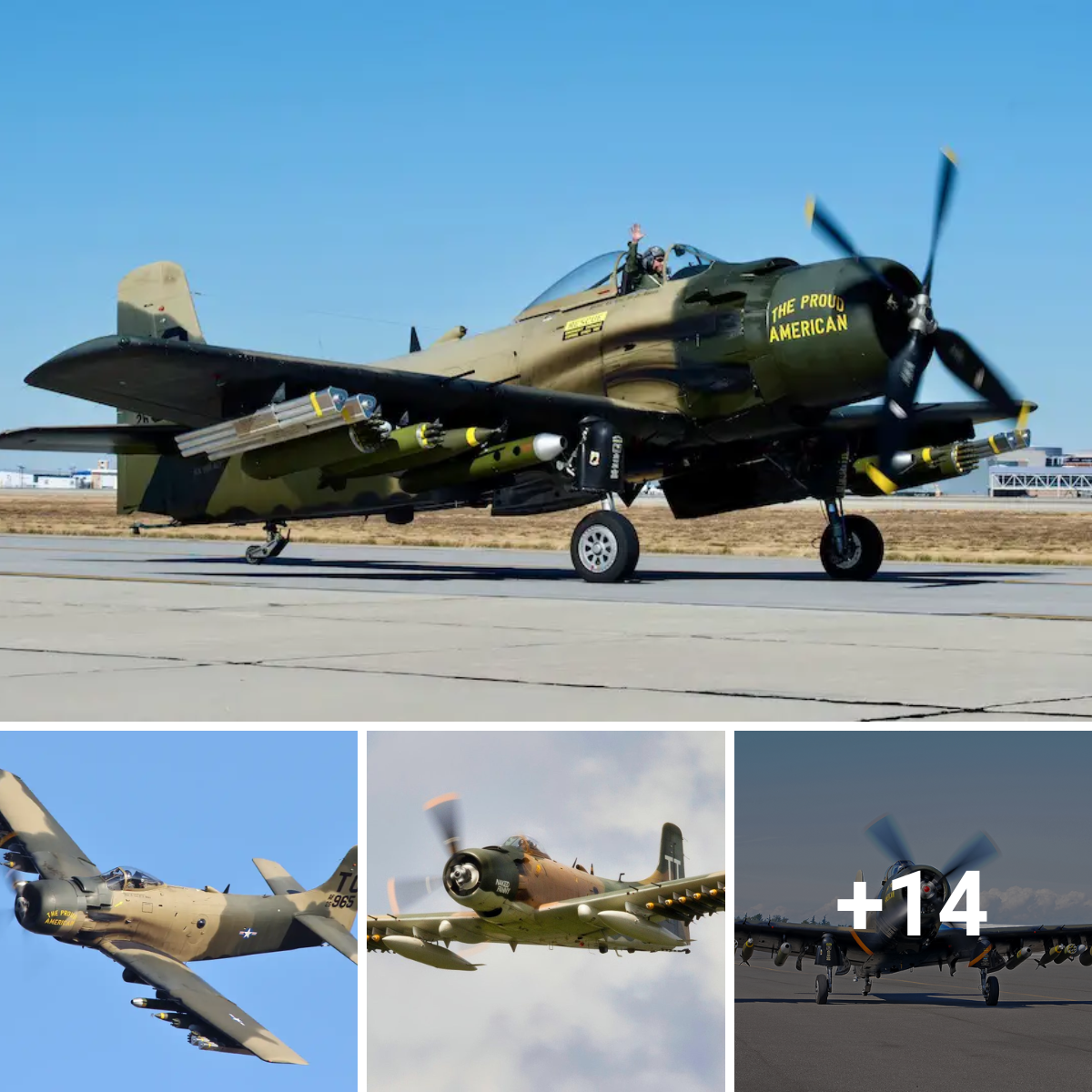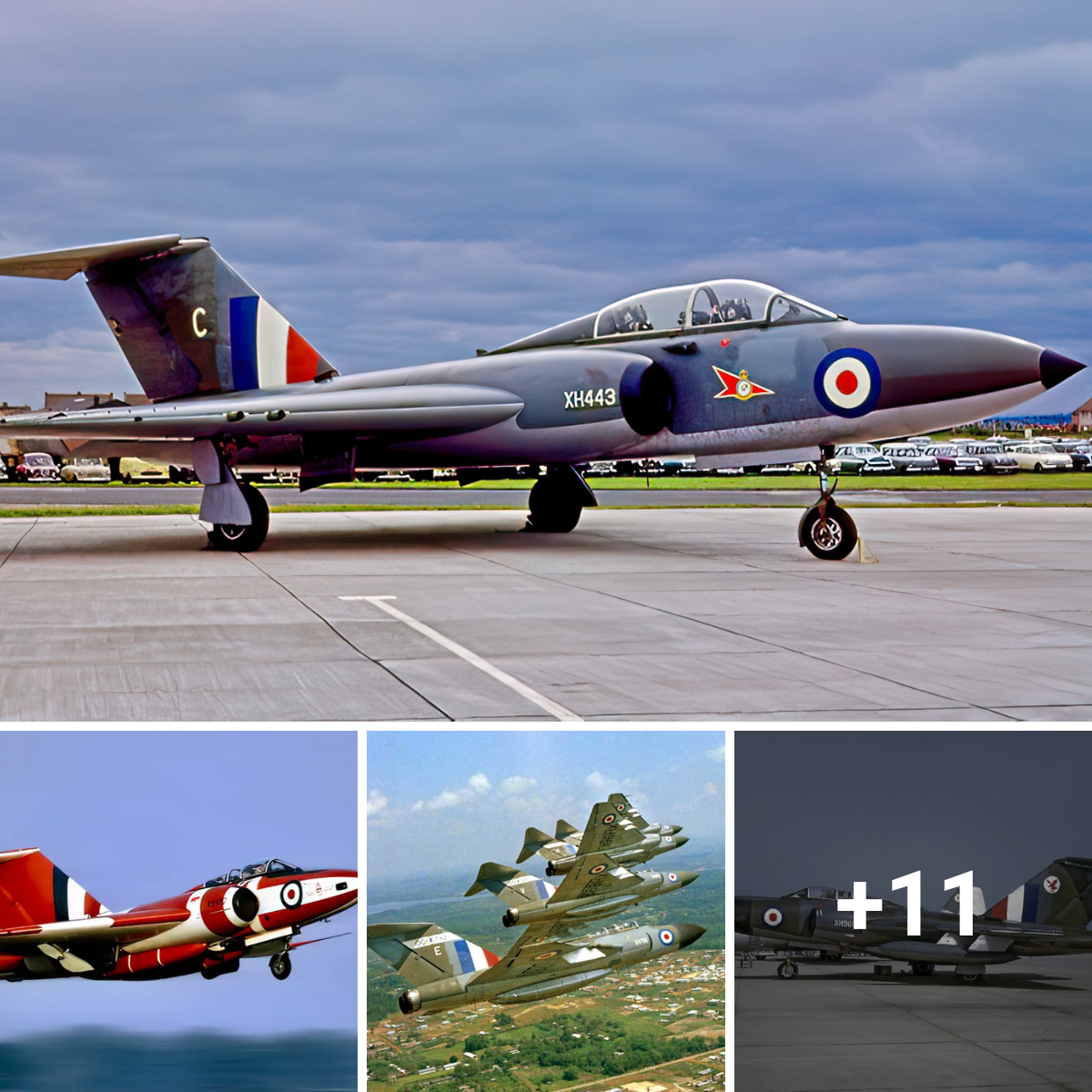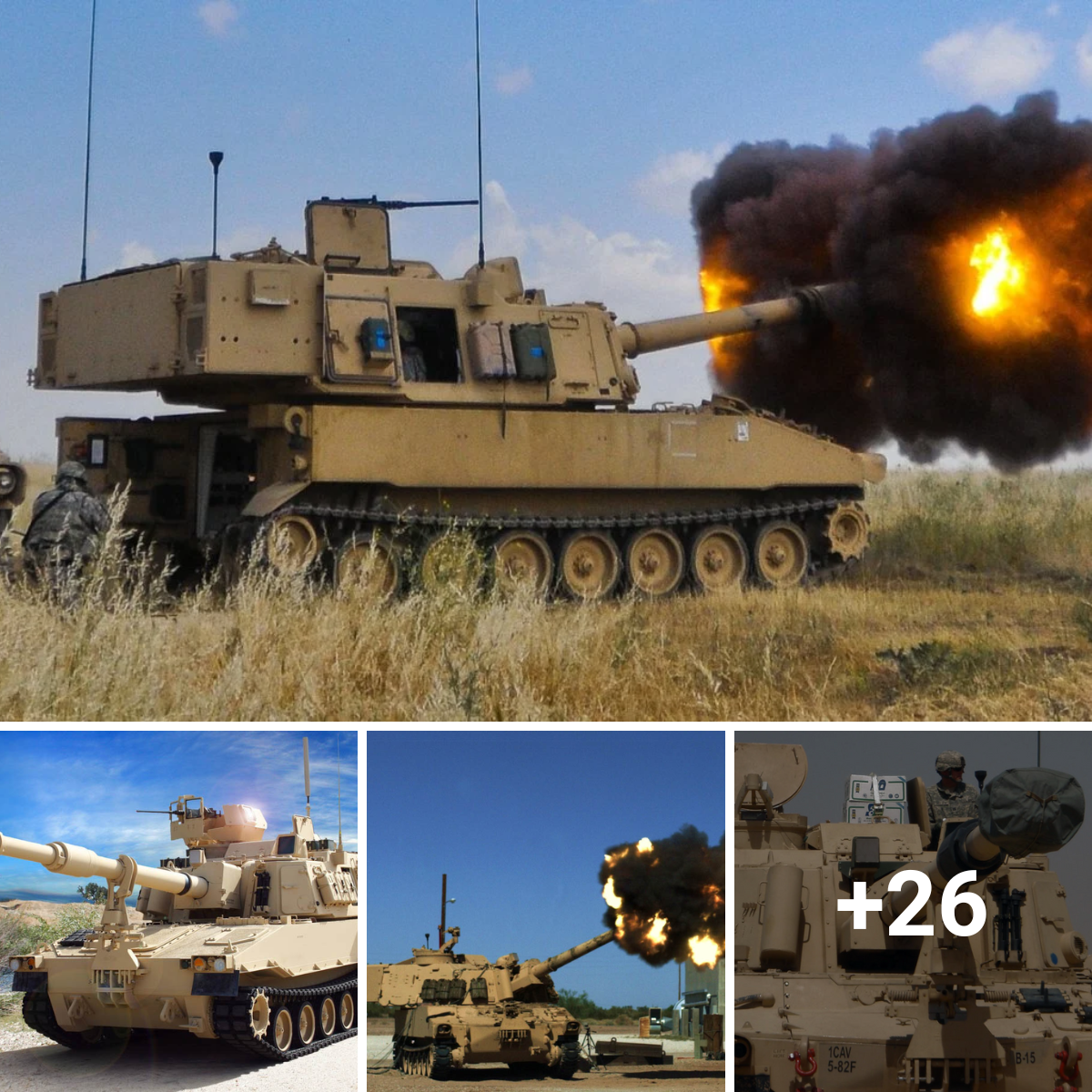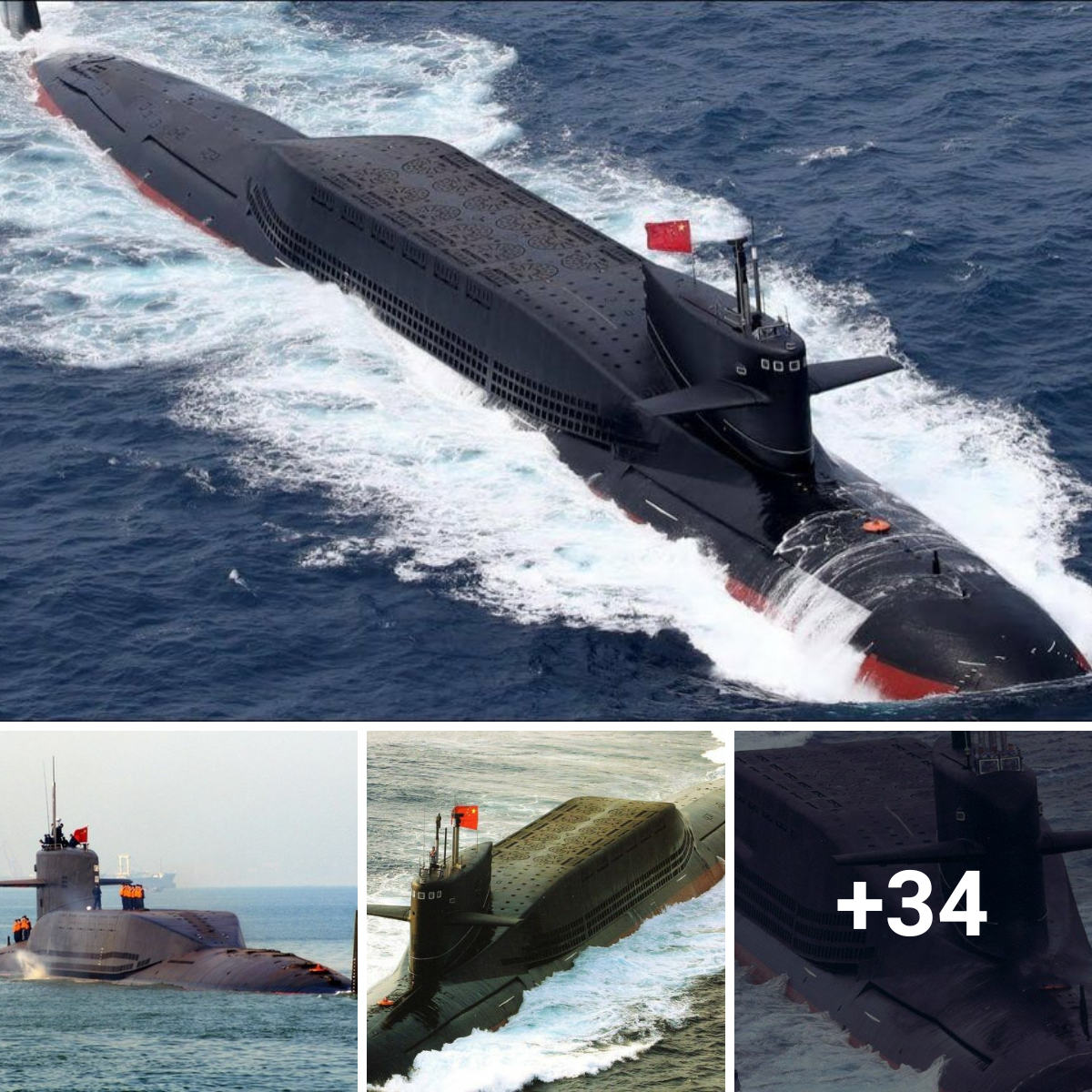In the theater of military operations, where strategic maneuvers and tactical precision shape the outcome of battles, a riveting spectacle unfolds as M1A2 Abrams and M2A3 Bradley tanks navigate the challenges of river crossings. This close-up encounter with these armored behemoths showcases the intricate dance of power and strategy, underscoring the essential role these modern war machines play in ensuring battlefield dominance.
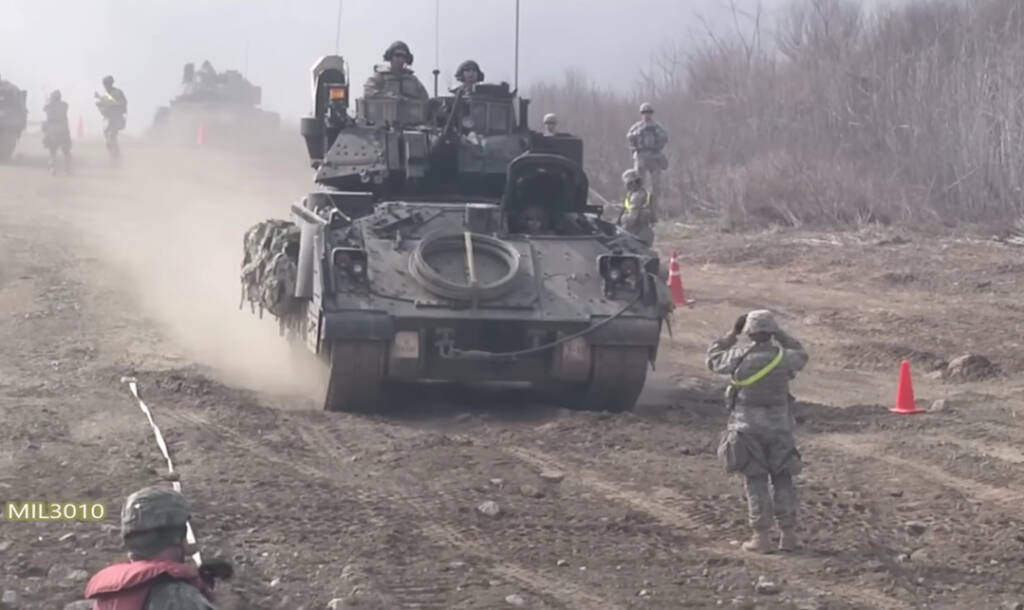
The M1A2 Abrams, a stalwart of armored warfare, and the M2A3 Bradley, a versatile infantry fighting vehicle, stand as formidable symbols of the United States’ armored forces. As they approach the water’s edge, the anticipation is palpable. The river, once a natural barrier, now becomes a theater for a synchronized display of engineering ingenuity and combat readiness.
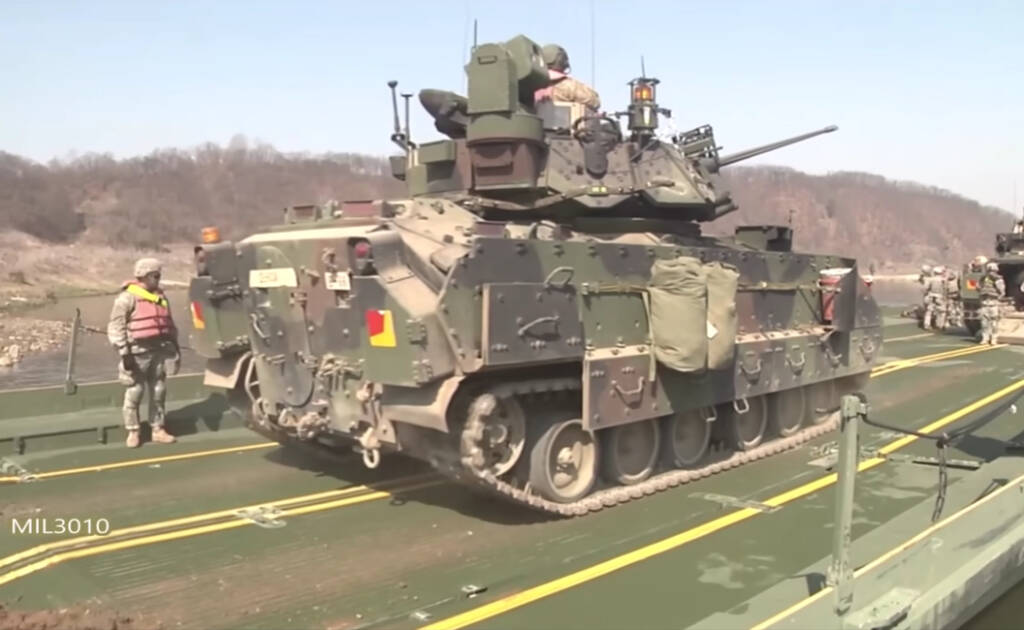
The first to make its move is the M1A2 Abrams, an embodiment of tank supremacy. Its sleek, heavily armored exterior exudes an aura of invincibility as it rumbles towards the water. The tank’s tracks, each link meticulously engineered, grip the terrain, ready to face the aquatic challenge ahead. The weighty silhouette of the Abrams reflects its robust design, offering unparalleled protection to its crew and formidable firepower to neutralize any threat.
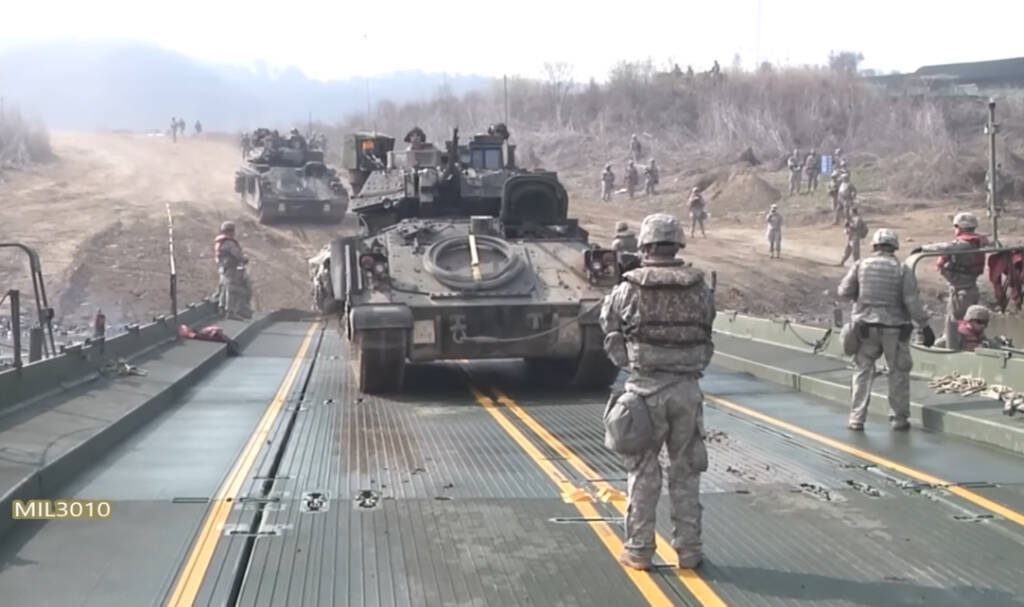
Beside the Abrams, the M2A3 Bradley takes its position, showcasing its dual role as an infantry transport and a combat vehicle. With its distinctive shape and turret-mounted weaponry, the Bradley exudes versatility. Its amphibious capabilities come to the forefront as it prepares to traverse the water, underscoring the importance of combined arms operations on the modern battlefield.
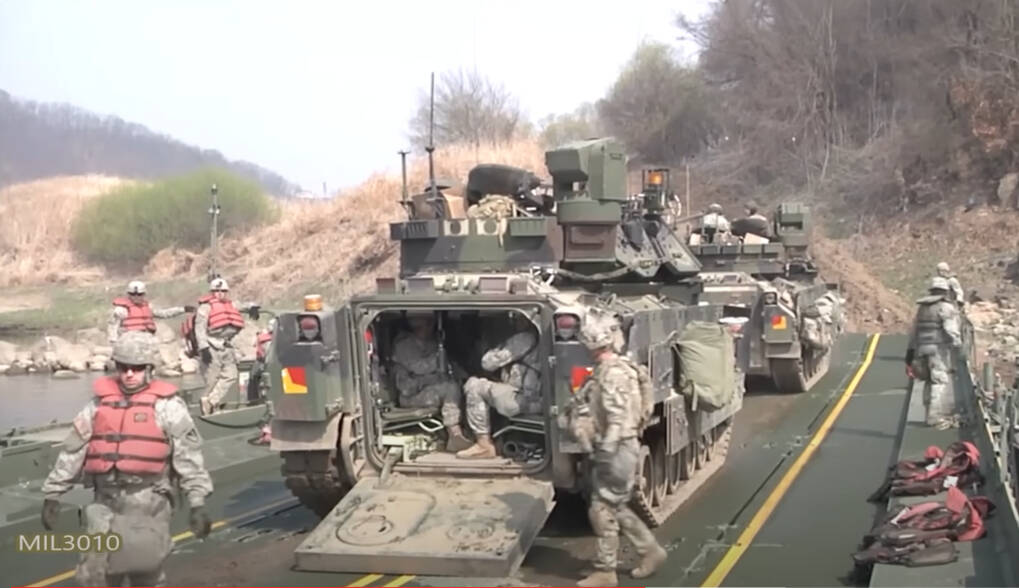
As the tanks approach the riverbank, the moment of truth arrives. The powerful engines of the Abrams and Bradley roar in unison, signaling their readiness for the aquatic challenge. The water’s surface ripples as the tanks plunge in, each creating a bow wave that signifies the might in motion. The river, once a formidable obstacle, succumbs to the armored prowess, as the tanks forge ahead, displacing water in their wake.
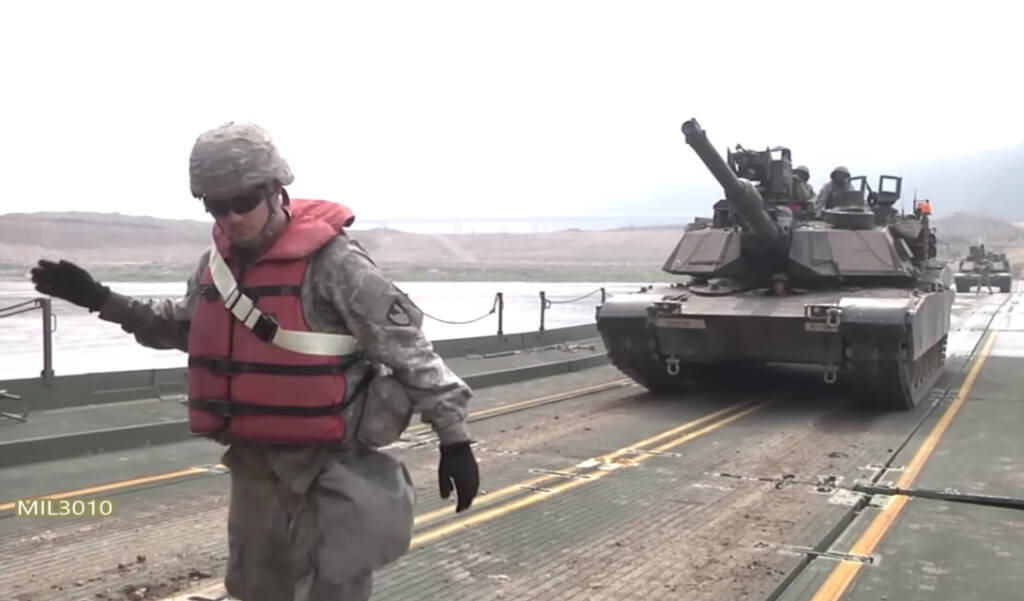
Close-up shots capture the details of this aquatic ballet—the spray of water as tank treads churn through the river, the synchronized movement of the tanks, and the resolute expressions of the crews within. The close-up lens magnifies the rivets, the armor plating, and the intricate mechanisms that make these tanks engineering marvels, highlighting the marriage of power and precision.
Underwater cameras reveal the submerged journey of the tanks—a surreal dance beneath the waterline, where steel giants move with a surprising grace. The amphibious capabilities of these armored vehicles, often underestimated, come to the forefront as they navigate the riverbed with a sense of purpose and determination.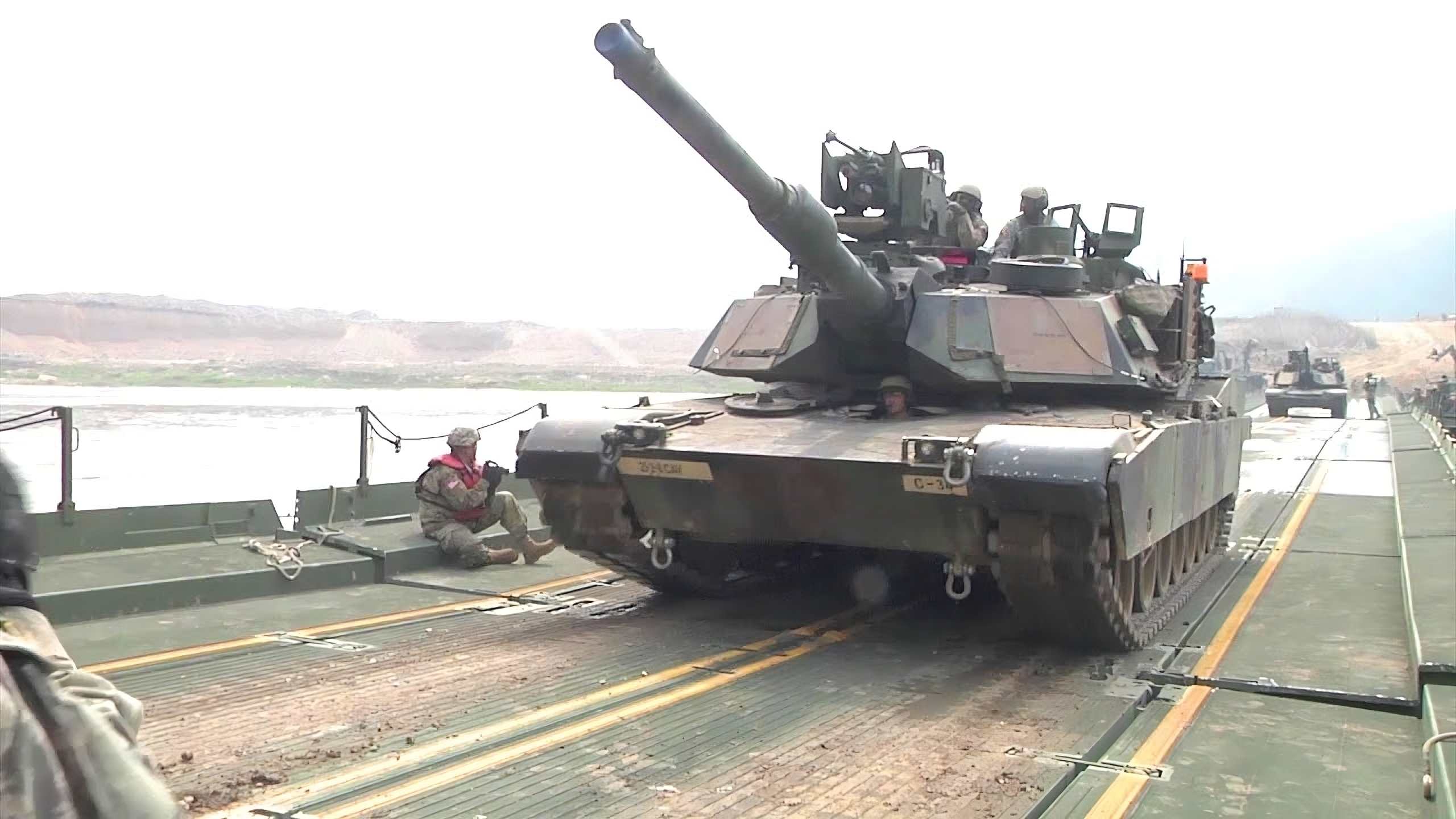
The crossing is not merely a display of technical prowess; it symbolizes the strategic mobility that defines modern armored warfare. The ability to rapidly traverse natural obstacles enhances the agility and surprise factor crucial in gaining a battlefield advantage. The close-up perspective captures the essence of this tactical ballet, showcasing the interplay between man, machine, and the challenging terrain.
In conclusion, the close-up examination of M1A2 Abrams and M2A3 Bradley tanks crossing the river unveils a riveting chapter in the saga of armored warfare. Beyond the imposing exteriors, these close encounters highlight the synergy of engineering excellence and battlefield strategy. As the tanks emerge from the water, dripping with the evidence of their aquatic conquest, they stand as testaments to the unwavering commitment to military dominance and the relentless pursuit of excellence on the modern battlefield.
